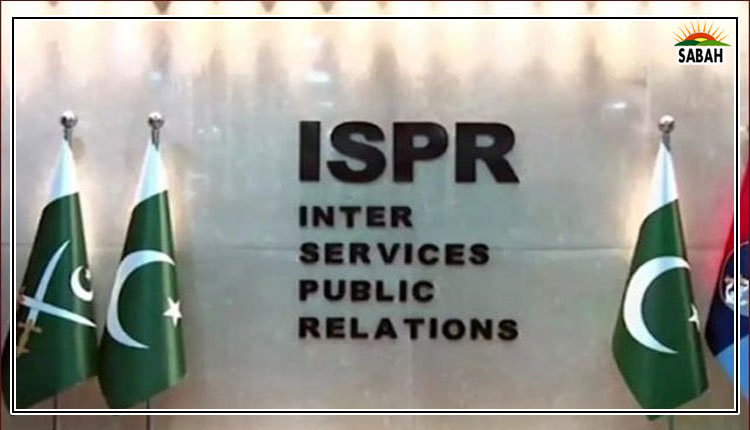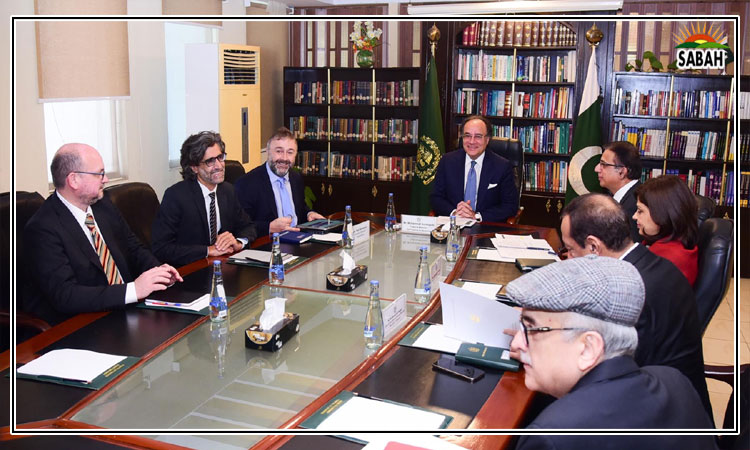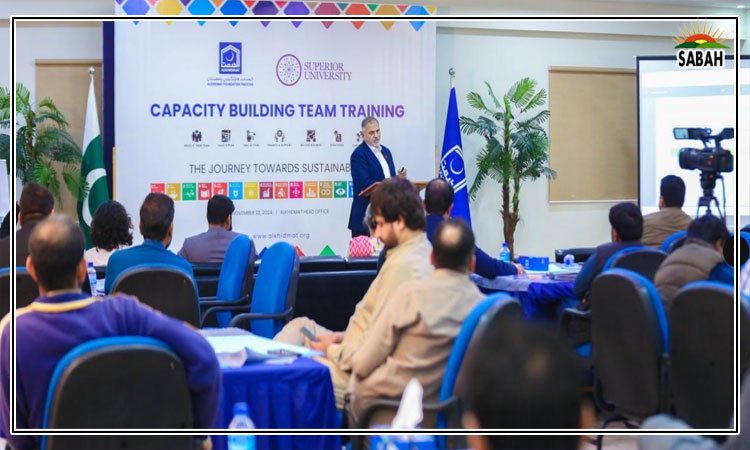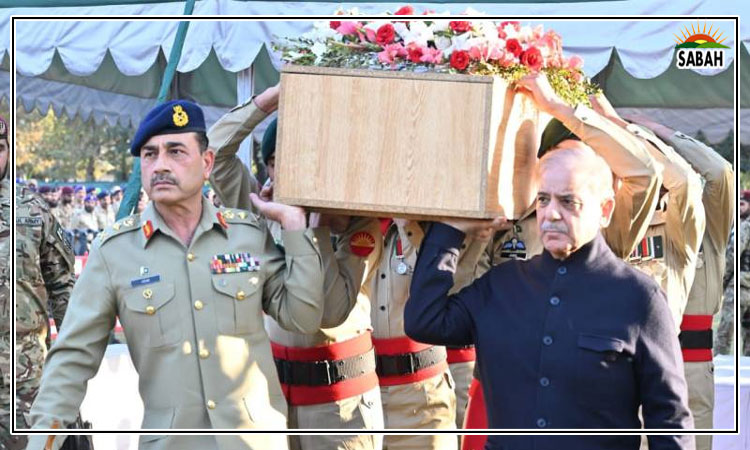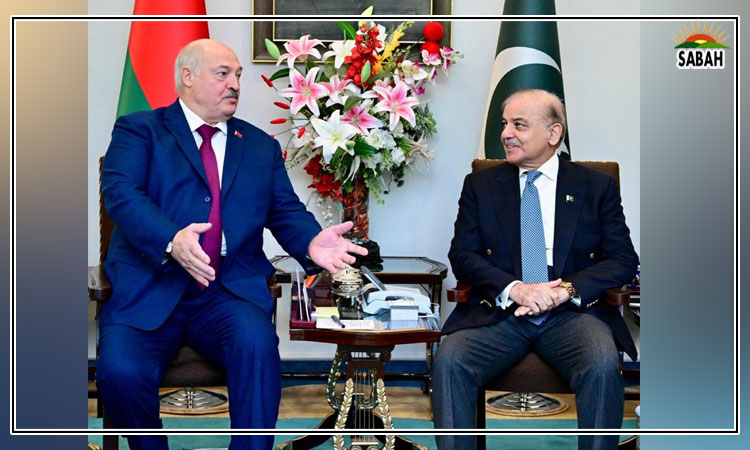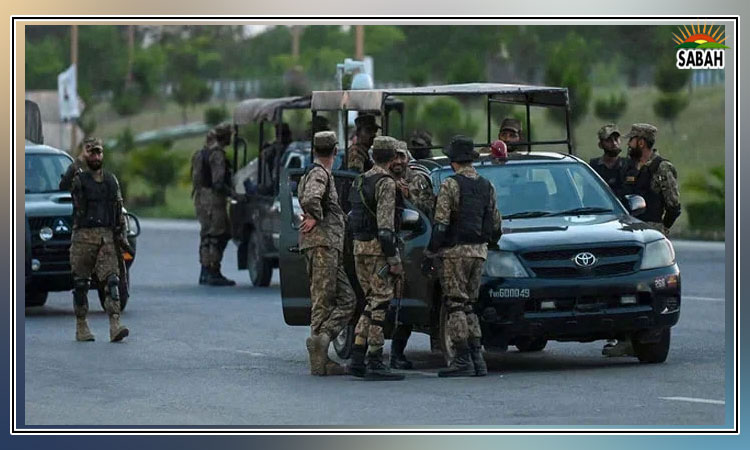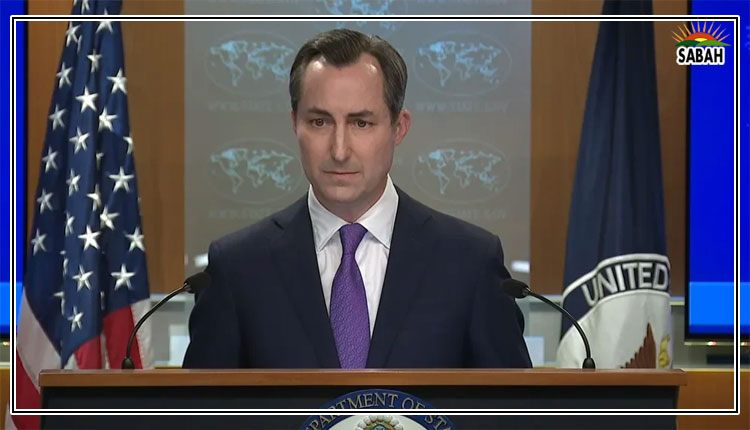The wisdom of the people…Kamila Hyat
Pakistan is facing one of the worst periods in its history. Very few would deny this reality. Inflation has reached record levels, with food price inflation touching 46 per cent, a rate which puts many staples including flour and sugar out of the reach of people.
We do not hear the headlines about the impact of this reality because very few in mainstream media attempt to discuss the realities. Instead, we hear only about political statements and the antics of politicians who would do anything to try and improve their own stature or gain power, with the antics of former prime minister and head of the PTI Imran Khan recently making headlines.
But amongst these antics, and amongst the lost files that disappeared in the district courts in Islamabad, and the other acts of senseless behaviour that we see with a cabinet that is over 85 persons in size in power, we have enormous amounts of wisdom from ordinary people.
These people include the old man who lined up to collect a bag of atta in a town in the Punjab and died when his turn finally came to pick up the bag. There are many other such stories which should be making the news. We hear too little about parents allegedly poisoning children to avoid watching them starve and the many accounts of children being pulled out of school because parents cannot pay the fees. Amidst this, private schools are reported to have raised fees claiming inflationary costs.
People speak with extraordinary wisdom and show the extraordinary resilience which has dragged our country through seven decades of misrule. The agenda for this was set essentially during the Ayub years. He chose to side with Cento, Seato and other US-backed pacts, placing Pakistan firmly in the US camp and following a strictly capitalist and authoritarian line of thinking.
This line also created a deliberate bias against Bengalis, and the eastern wing of Pakistan which even years after Pakistan had been created gained only 17 per cent of the quota within the armed forces. There were, of course, many other discriminations that we do not speak about and do not mention as the reasons for the start of the 1971 crisis, created essentially by those who wanted, at all costs, for West Pakistan to prevail over the eastern half of the country. But this perhaps is less relevant than before. Bangladesh has over the years made extraordinary progress and we should, as a people, applaud this. There’s no reason why we could not do the same had we the sense to invest in three important areas: women’s education, their employment in various sectors, and population control. These three factors have served Bangladesh well along with the giant NGOs which have helped promote education and social welfare in the country.
In Pakistan, people talk with wisdom about the need to cut down on administrative spending by reducing the size of the cabinet and the perks enjoyed by federal ministers and bureaucrats. Some also speak bravely about cuts in other sectors so that money can be diverted to the people and their overwhelming needs. All this is important because people essentially, no matter what their degree of education and no matter where they live, seem to know precisely what to do to put Pakistan somewhere on a track from which it can move towards progress and growth.
Inevitably this will take a period of years and at the very least somewhere between three and five years and, especially since our leaders in the past have shot down sensible proposals from finance ministers selected by the PDM itself, as well as the PTI, to import vegetables etc from India so that people can eat.
But apparently the need to condemn India at all costs, to condemn Nawaz Sharif for hosting Narendra Modi, and similar factors come before the welfare of the people. Surely to save families from dying, we could look seriously towards trade with what is one of the biggest economies in the world and an economy which analysts across the world see as one that has the potential to overtake all others with an extremely positive economic outlook. Much of this, of course, was created by Manmohan Singh a decade ago, and we need something similar in our economic outlook.
Till then, we wonder why people who talk so much sense are ignored and why, in a situation where people gather to watch the comings and goings of politicians or rally at the call of one of them, there is so much apathy. One would expect that when families are starving, people would at the very least gather on roads, and show their dissent. The fact that we are not even capable of this simply illustrates the degree to which people have been beaten down and dropped of their dignity, their humanity and even their right to live.
When people cannot afford to eat even a single square meal in a day, it is imperative that they protest and raise their voices. We should have political leaders who can channelize their energies in this direction. This is especially true given the huge bulge of youth that makes up the Pakistan population with 60 per cent of its people aged under 30. But the protests, the barricades on roads, the burning of tires, which take place so easily for other causes are not happening in this case. All we can do is ask why.
Is there a leader somewhere who can step forward and lead people towards the people’s protest that is so badly needed? Where are the leaders from the Left who speak about rights and the need to obtain them?
We certainly have some and we have others who have already entered politics, such as the articulate and rational Jibran Nasir from Karachi. We also have the example of the ‘Haq Do Tehreek’ and Maulana Hidayat-ur Rahman, who has made the most sensible and most basic demands, but yet is behind bars.
Others must rise up to join such movements, with students perhaps the most likely source from where such people’s movements can arise. The death of student unions is a terrible blow in this situation. But this has to be overcome so the country can survive and people can at least raise their voices against the terrible injustices they suffer as a result, essentially, of inept governance.
Courtesy The News



